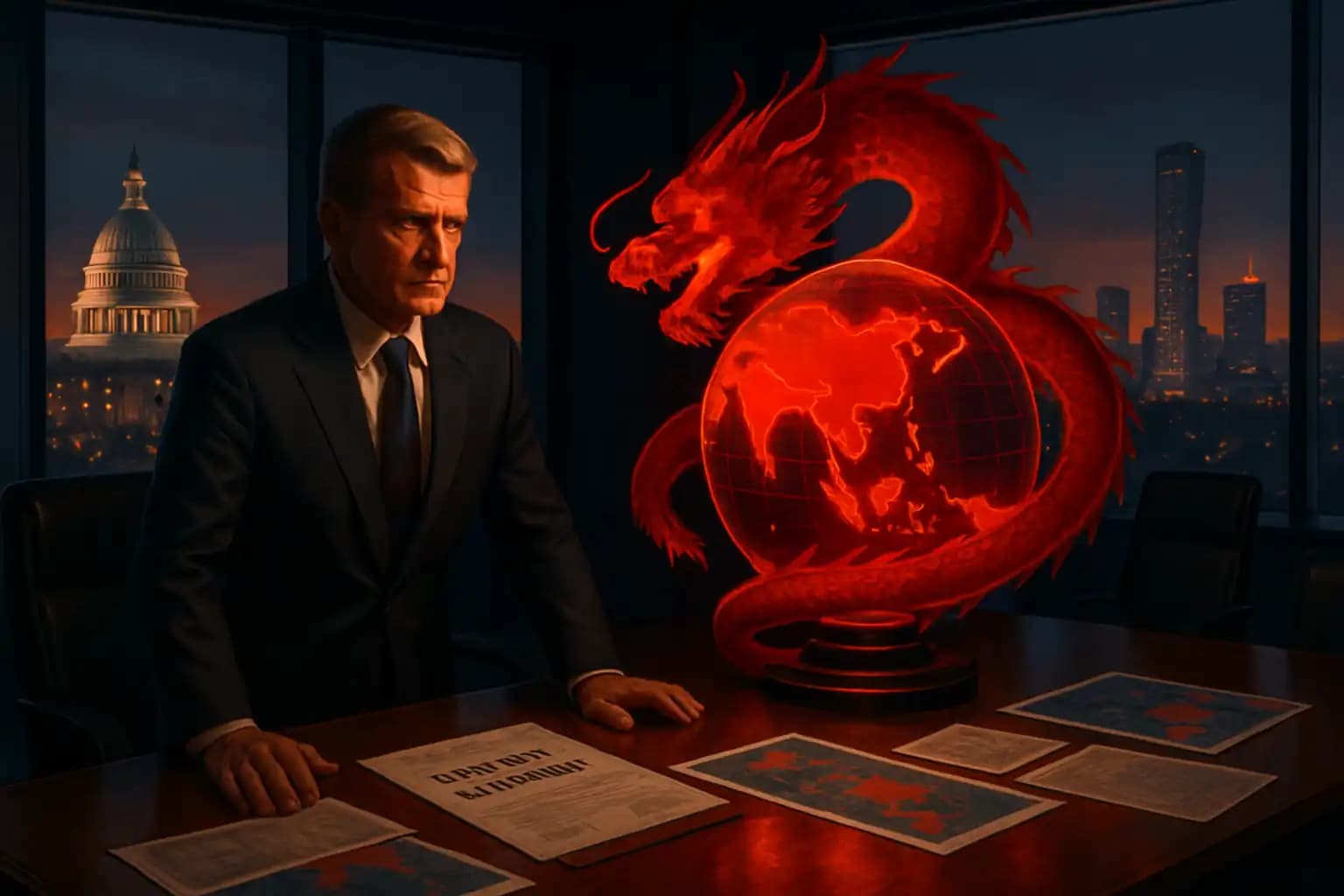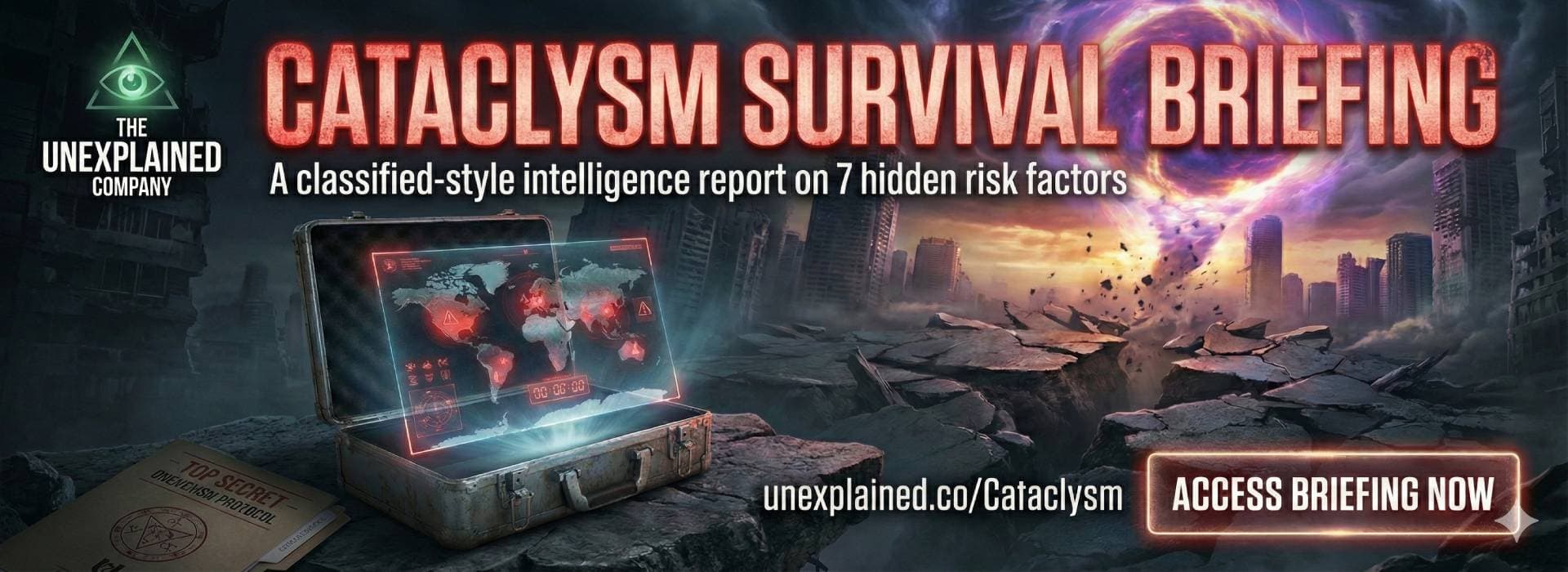When Erik Prince, the former Navy SEAL and Blackwater founder, speaks about China’s global ambitions, you listen. Few understand the world’s shadow games like he does. His recent media blitz, featuring a viral appearance in this full podcast episode, offered more than a warning. It delivered hard lessons drawn from decades of clandestine work. Prince asserts that the Chinese Communist Party plays for keeps. Through Belt and Road investments, cyber warfare, and economic influence, he argues, Beijing seeks to rewrite the global order. Sometimes, it leverages Western expertise against itself, a controversial claim linked to Prince’s security ventures in China (NYT analysis).
China’s Grand Strategy: A Blueprint for Dominance
Prince says China’s master plan extends beyond tanks and missiles. It involves a sophisticated approach across financial, technological, and logistical fronts—playing by different rules. Consider China’s recent global infrastructure initiative. Stadiums, ports, and digital networks form stepping stones toward greater strategic reach. This approach invites deeper scrutiny in recent analysis regarding China’s technology sector breakthroughs. There’s also coverage revealing the risks of Chinese-backed energy projects. Prince cautions that Western nations often grasp the implications only when their vital infrastructure or intellectual property is at stake.
Analysts highlight China’s development of security units trained abroad—sometimes using Western, even ex-Blackwater, expertise. A Washington Post investigation explores this angle. The strategy? Build global economic dependencies, then exploit them for diplomatic and military leverage when it suits Beijing.
Blackwater’s Shadow: Private Security and the China Paradox
Prince’s career exemplifies the contradictions of modern security. After founding Blackwater in 1997, he transformed it into a private military powerhouse—providing convoy protection in Iraq and handling classified U.S. government contracts (Wikipedia: Erik Prince). When Blackwater’s reputation soured, he rebranded and entered global logistics, establishing firms like Frontier Services Group. His business then pivoted towards China, engaging in state-linked deals and advisory missions—actions that raised concerns among U.S. lawmakers and spurred exposés on modern proxy conflicts and high-stakes geopolitics. Critics see a troubling precedent when Americans with special operations experiences work on both sides in this new Great Game.
Bottom line: Prince’s warnings about China rest on a complex resume. Yet, he possesses unparalleled knowledge of shadow contracts, security consulting, and global military logistics. His claim that the West faces a silent invasion via commerce and technology—a theme supported by reporting on hidden China-U.S. rivalries—reflects real expertise behind the rhetoric.
A World Reordering: Economic Leverage and High-Tech Espionage
Prince emphasizes the softer tools of Chinese power: the surveillance state, intellectual property theft, and the development of technological dependencies. He notes substantial Chinese investments in Africa and South America, a pattern reflective of technology consolidation and market capture. Reports link these actions to a broader strategy aimed at creating vulnerabilities in global power grids, logistics, and energy storage—highlighted by trends in energy warfare and blackouts destabilizing Europe and beyond.
His message? The world has entered an era where guns are quieter, and wires are hotter. Cyberattacks, surveillance, and financial traps weaken adversaries more effectively than traditional military forces. Prince makes this point with striking clarity. The ultimate risk, in his view? Western societies may unknowingly head toward dependency, with their democracies manipulated by invisible influences—concerns echoed by the prepper community and tactical strategists at sites like Unexplained.co for years.
Turning the Tide: Is the West Prepared?
Can the West regain its competitive edge? Prince believes it’s unlikely if business continues as usual. He advocates for comprehensive reviews of national security policies, stricter controls over critical technology partnerships, and a renewed public vigilance. Critics counter that solutions must not mirror the overreach they fear from Beijing—working to ensure freedoms persist alongside security. As China continues its strategic advance, one fact remains: this is a conflict where ignorance equals defeat. For Erik Prince, the time for denial has passed.
Keep up with global strategies, behind-the-scenes power moves, and the critical need for awareness at Unexplained.co—where every shadow has a source, and every threat is just a headline waiting to impact tomorrow’s reality.





